Lost Girls (37 page)
Authors: Caitlin Rother
He dragged her body down the incline and into the brush. After removing all her clothing and taking the check for the lamb out of her pocket, he buried her in a shallow grave next to the water heater. Placing all her belongings and his bloody shirt into a bag, he washed his hands with bottled water and put on a clean shirt. He placed the soiled clothing and her other items inside a bag of household trash, which he then tossed into the Dumpster at his apartment complex.
Amber's mother had said she wanted Gardner to tell her every detail of that morning, even whether Amber had cried out for her, so I asked him if she had.
“No, she didn't cry for her mother,” he said. “She was a strong-willed girl.”
Â
Â
As our time to talk was dwindling, I asked Gardner about a comment I'd heard him make on
48 Hours
: “I don't even know the meaning of that word, âremorse.' I say âregret.' I regret everything that I've done.”
48 Hours
: “I don't even know the meaning of that word, âremorse.' I say âregret.' I regret everything that I've done.”
He said the producers took his comment out of context when they said he didn't feel remorse. What he was trying to say was that he didn't understand the distinction between the two words, so he said he felt regret because he was more sure of that word's definition.
“I have major regret,” he told me. “I would have rather been dead at the time,” clarifying that he meant after the murders. “I'm sure everyone else would have rather I'd taken their place, but too late.”
Do you still feel like an animal? I asked, referring to his self-description during the KFMB interview that had gotten some people so riled up.
He said he did at the time, but now that he was medicated properly and feeling more stable, not so much.
“I don't ever want to be released, so it's good that I'm here,” he said. “I'd need years of therapy to get over the anger I have toward women... . It's not that I hate all women. It's that I don't feel I can trust them. I feel like I'm a person who's done some horrendous things.”
He'd never tried Risperidone before the murders, he said, but it was working well now. If only the doctor had prescribed it during his February 8 appointment in Riverside. “It would have, maybe, not for sure, prevented Chelsea from being killed... . Would I have come forward about Amber, though? Probably not. I never would have said anything.”
I wondered aloud if there was anything people could take away from this tragedy, any lesson or message that could help prevent it from happening again.
“When someone's trying to reach out, pay more attention,” he said. “I think people just need to help each other out. No one should feel alone in the world, like they don't have any help.”
Â
Â
Gardner told his mother that he knew he was where he was supposed to be. After Jariah came to say good-bye and Sarina visited (he said he put her curiosity about her disturbing stabbing dream to rest because it wasn't accurate), he hasn't really been in touch with anyone but his mother and sister Shannon, whom he calls once a week.
“I know why. I have no delusions on that. A lot of people are afraid to talk to me.”
His mother was still visiting him every other week. “I love my mom,” he said. “I think she did a pretty good job of raising me.” The two of them were “getting along as well as can be,” he said, although “she's not happy with me.”
Most days, he said, he passes the time playing cards and dominos with his fellow prisoners, mopping the floor for no pay, staring at the concrete walls and watching lots of TV, including
Jeopardy!
Jeopardy!
Now that Chelsea King's and Amber Dubois's parents have gotten some closure, and everyone knows John Gardner will spend the rest of his days in prison, hopefully the community can begin to heal.
“I'm rotting in prison,” he said, laughing. “Cool. Public be happy.”
Author's Note and Acknowledgments
Because this case was so high-profile, the crimes were primarily against minors, and John Gardner's family members and friends were extremely worried about their privacy, safety and job security, I used pseudonyms, first names or maiden names for a number of people so I could tell this story without putting them in jeopardy. Pseudonyms* are marked with an asterisk, like so.
Those include the three minors involved in the 2000 case, who I have used only first-name pseudonyms: Monica for the victim, Erika for her friend, and Sarah for the fourteen-year-old with whom Gardner had consensual contact. I also used pseudonyms for Gardner's two half sisters on his father's side, whom I named Mona and Melissa. For Shannon and Sarina, his two half sisters on his mother's side, I have used their true first names, and their maiden names. I also used maiden names for Cathy Osborn and Jennifer Tripp, and the pseudonym Patricia Walker for Gardner's girlfriend in 2000. I used only the first initials for Gardner's two twin boys because they have done nothing wrong and don't need to be identified. For the same reason, I used the pseudonym Alan for Jariah's young son, Derrick for Cathy's brother who was molested and Robert Trueblood for the boyfriend of Jariah's friend Tricia.
Some of the dialogue has been edited down for storytelling purposes, but nothing has been added, created or embellished. I used official sources wherever I could, but some of the dialogue is approximated and no one's memory is perfect. Any errors are unintentional.
This case was one of the most, if not the most, challenging true-crime projects I have undertaken to date. I thought it would be simpler to research because of the plea bargain, because the case never went to trial and Gardner gave up his chance for appeal, but that actually made it more difficult for me to get access to documents and other information I normally would have access to through the court system.
So I had to be creative and enterprising in getting documents, recordsâand even photos of the crime scenesâthat the attorneys would normally have collected and shown at trial. I want to thank everyone who helped me with my fact- and photo-gathering efforts, to further the goal we all shared, which was to get the complete and accurate story out into the public to try to educate people on why Gardner did what he did, what went wrong and what could have been done differently.
But even with signed letters from John Gardner, authorizing the release of his records to me by the state CDCR and DMH, and the Riverside County DMH, I still couldn't get most of these records due to a series of bureaucratic roadblocks, faulty instructions from county and state officials and, ultimately, privacy laws. CDCR officials refused, claiming they'd never received
his
letter (a copy of the same letter he'd signed and that I had faxed to them wasn't good enough). They said I hadn't filled out the proper form so the letter didn't matter. Mind you, that that was
after
I'd sent a draft of the letter to check the language with these very same agencies before having Gardner sign and send those letters. Luckily, I was able to get some of his records through other means.
his
letter (a copy of the same letter he'd signed and that I had faxed to them wasn't good enough). They said I hadn't filled out the proper form so the letter didn't matter. Mind you, that that was
after
I'd sent a draft of the letter to check the language with these very same agencies before having Gardner sign and send those letters. Luckily, I was able to get some of his records through other means.
I would not have been able to include as many details if Gardner's mother had not agreed to participate in this project, and if Gardner had not authorized the release of his records to me and gave permission so his family and attorneys could talk to me. That said, I want to emphasize that no one was paid for any interview or photo for this book, and neither Gardner nor his family will profit from it. I do not pay for interviews.
Â
In no particular order, I want to thank:
Â
Sheriff Bill Gore, Don Parker, Dave Brown, Mark Palmer, Pat O'Brien, Jan Caldwell, Madeleine Hinkes, Mike Grubb, Mike Workman, Bob Benton, Lee Anne Hawks McCollough, Bob Petrachek, Michael Popkins, Mel Epley, Bonnie Dumanis, Steve Walker, Richard Armstrong, Tanya Sierra, Patrick Bouteller, Cathy Osborn, her daughters Shannon and Sarina, and her sister Cynthia, Jennifer Tripp, Patricia Walker, Jariah Baker, Deanna and Melissa Gardner, Susan Ludwig, Bill Garcia, Cathy Lubenski, Mike Kratz, Jack Wallace, Tom Norman, Luis Patino, Alex Horan, Darrell Foxworth, Karen Dalton, Shaun Boyte, J. W. August, David Gotfredson, Michael Gonzalez, Robert York, Robert Turner, Terry Thornton, Mark Pulliam, Alexa Capeloto, Sharon Whitley Larsen, Carole Scott, Carlos Beha, Bob Koven, Myra Chan and Samuel Autman.
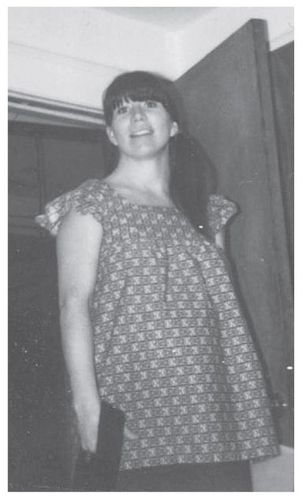
Twenty-four-year-old Cathy Osborn had a troublesome pregnancy with her son John Albert Gardner, born in Culver City, California, on April 9, 1979.
(Photo by John Gardner, Sr.)
(Photo by John Gardner, Sr.)
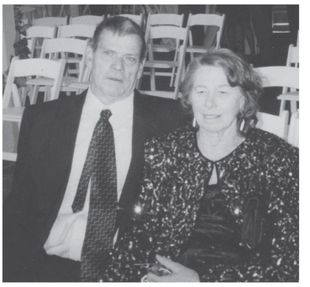
John's grandparents, Linda and Phillip Osborn, had a stormy relationship. John lived with Linda in 2010.
(Courtesy of the Osborn family)
(Courtesy of the Osborn family)
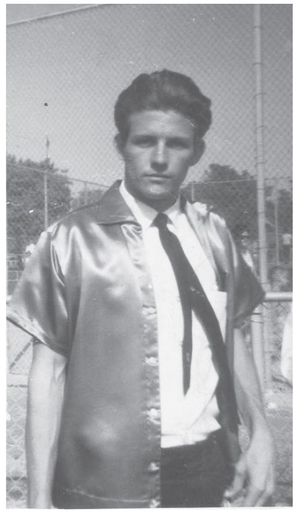
In 1964, John's father, John Albert Gardner, Sr., worked as a professional singer and guitar player.
(Photo by Deanna Gardner)
(Photo by Deanna Gardner)
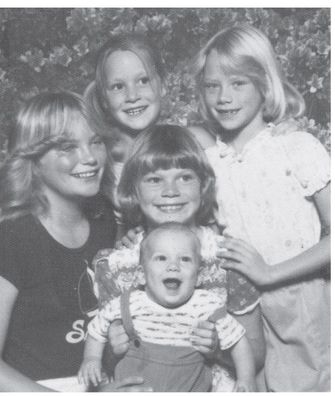
“Li'l John” grew up with four half-sisters: Sarina (top center), Melissa* (right), Shannon (center), and Mona* (left). (The asterisk indicates a pseudonym.)
(Photo by Cathy Osborn)
(Photo by Cathy Osborn)
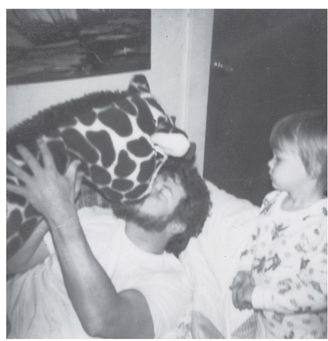
John's father had no patience for crying babies. Despite playful moments, John always wished they'd developed a more intimate relationship.
(Photo by Cathy Osborn)
(Photo by Cathy Osborn)
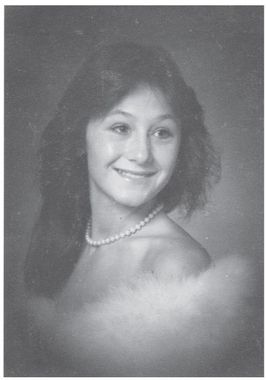
John was very close to his mother's youngest sister, Cynthia, shown here in 1985. She and John had a sexual affair after his first prison term.
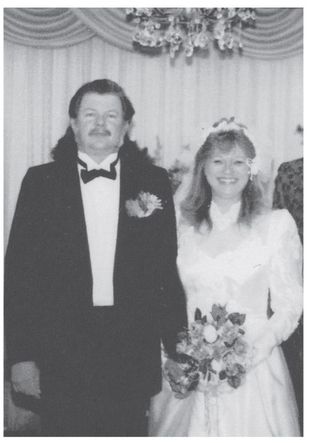
“Dirty John” Gardner and his first wife, Deanna, remarried in 1990.
(Courtesy of the Gardner family)
(Courtesy of the Gardner family)
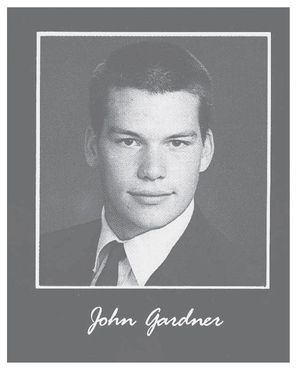
John graduated from Rim of the World High School in Lake Arrowhead, California, in 1997.
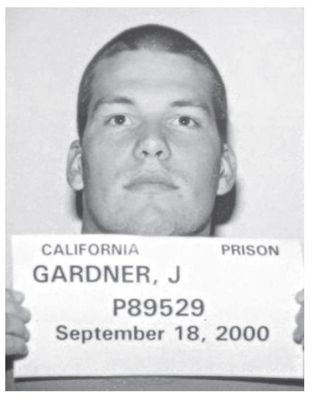
John went to state prison in 2000 after he was convicted of sexually molesting his thirteen-year-old neighbor and hitting her in the face.
(Courtesy of California Department of Corrections and Rehabilitation)
(Courtesy of California Department of Corrections and Rehabilitation)
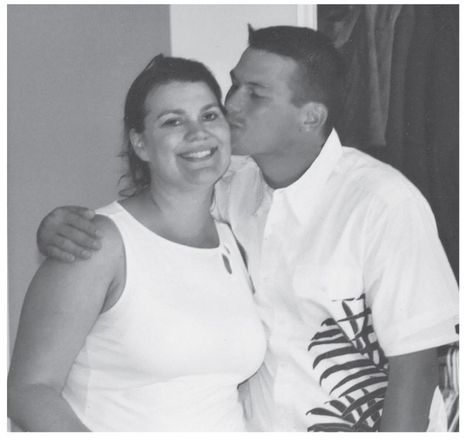
John kissed his sister Shannon at a coming-home party after his prison release in 2005.
(Courtesy of the Osborn family)
(Courtesy of the Osborn family)
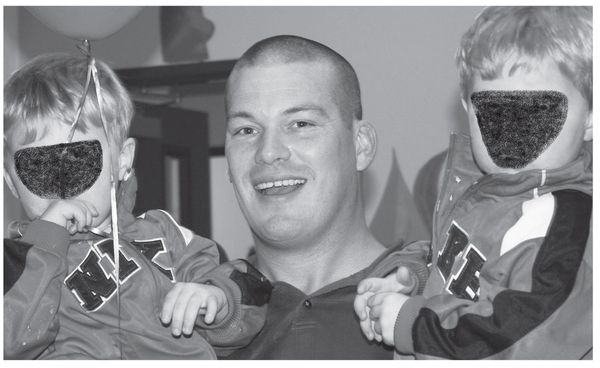
John and his girlfriend Donna had twin boys, shown here shortly before Amber Dubois went missing on February 13, 2009.
(Courtesy of the Gardner family)
(Courtesy of the Gardner family)
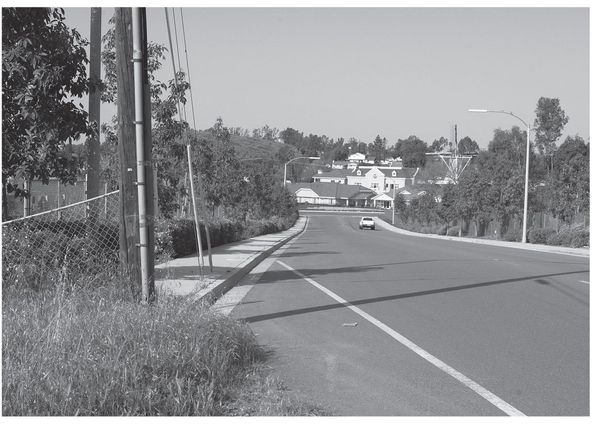
John later said he'd abducted Amber at this fenced-in intersection in Escondido because she had nowhere to run.
(Author photo)
(Author photo)
Other books
Death of a Perfect Wife by Beaton, M.C.
The Blue Dragon by Ronald Tierney
Running Wild (Hell Ryders MC Book 1) by J.L. Sheppard
The Intern by Brooke Cumberland
Brown, Dale - Patrick McLanahan 03 by Sky Masters (v1.1)
Snow Like Ashes by Sara Raasch
Electromagnetic Pulse by Bobby Akart
A Cozy Country Christmas Anthology by Melange Books, LLC
Azteca by Gary Jennings
The Sheikh's Irresistible Proposal by Rayner, Holly